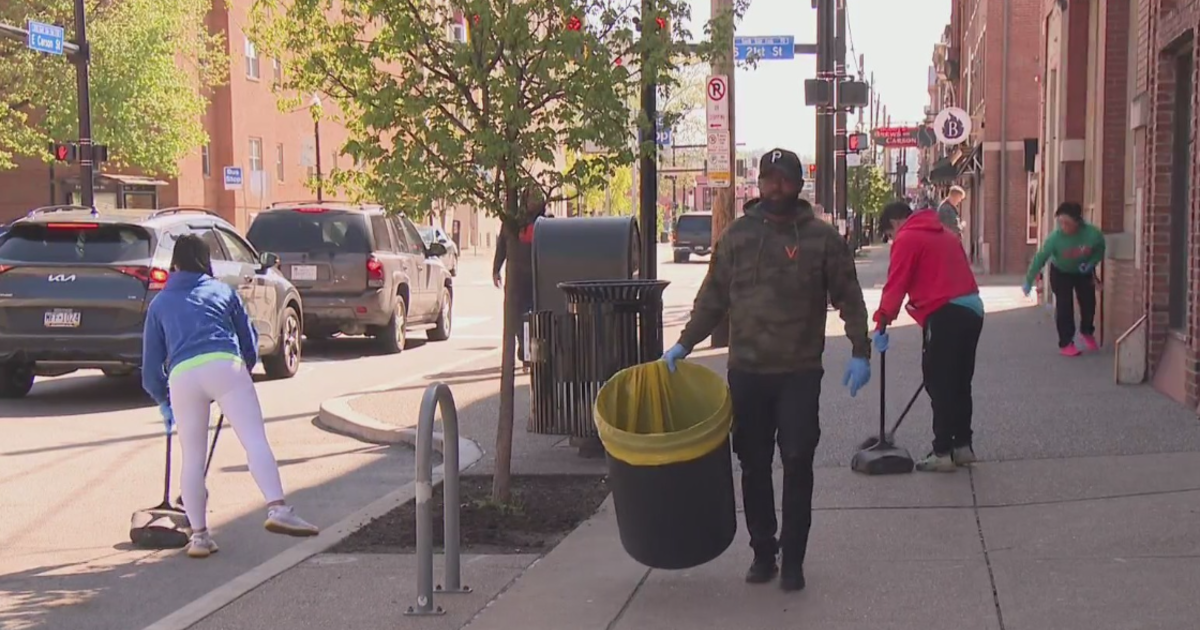Arthritis & Acne Medications Found To Cause Drug-Induced Lupus
Follow KDKA-TV: Facebook | Twitter
BOSTON (CBS) – A busy mom of two young kids, Faryn Savasta is constantly on the go. But chasing after her kids would have been impossible a few years ago.
"All of a sudden I woke up one day and I felt like I couldn't move," she said. "My legs felt like giant rocks and I couldn't move them."
At the time, Faryn was a newlywed and looking forward to starting a family. Instead she was depending on her husband for basic needs.
"Bring me to the bathroom, help me get in and out of bed. It was shocking," she recalled.
After a battery of tests, Faryn was stunned by her doctor's diagnosis.
"I think you have drug-induced Lupus," she said recalling her conversation with her doctor.
Lupus affects 1.5 million Americans, including pop star Selena Gomez, whose disease progressed to the point of needing a kidney transplant. About 10 percent of all cases are caused by medications, but usually aren't quite as severe.
Faryn's symptoms subsided after she stopped taking Humira for her rheumatoid arthritis. But a few years later, she noticed her legs feeling heavy again. She immediately called her doctor.
"He said, 'Are you taking anything new?'" Faryn said.
Her dermatologist had recently prescribed minocycline for adult-onset acne.
"He said, 'Get off it right now,'" she recalled.
Dr. Robert Friday of Newton-Wellesley Hospital didn't treat Faryn, but has seen this issue in his own practice. He says there are number of medications that have been associated with drug-induced Lupus, some are common like minocycline, an antibiotic often used to treat acne. There are several others, including some for cardiac issues.
Stopping the drug is usually the only treatment that's needed, but people recover at different rates.
"It could be a number of weeks, it could be a few months," explained Dr. Friday.
Experts don't know who is at risk, but Faryn says her experience taught her an important lesson.
"It helped put my life in perspective. It helped me realize what's important in life," she said.
Drug-induced lupus is a relatively rare side effect, but the tricky part is symptoms may not surface for months or even years after starting the drug.
As with any drug, if you notice any unusual symptoms, contact your doctor.



